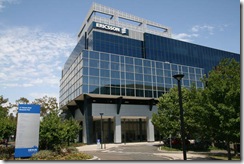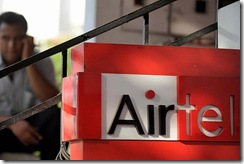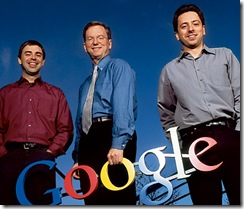Ericsson reported an eight per cent rise in its fourth-quarter 2010 sales to SEK 62.8 billion (US$9.5 billion), while net profits surged to SEK 4.4 billion from SEK0.7 billion a year earlier. Sales growth returned during the second half of the year.
Net profit for the 2010 increased 172 per cent to SEK 11.2 billion mainly due to improvements in earnings in Sony Ericsson and less restructuring charges. However, revenues for the whole year were down by two per cent to SEK 203.3 billion. Sales for the full year for comparable units, adjusted for currency exchange rate effects and hedging, decreased by seven per cent.
Sales in Networks increased 14 per cent year-over-year and 40 per cent sequentially, primarily driven by increased demand for mobile broadband and investments in 2G expansions in China. While the supply of components has normalised during the quarter, the company warned that it is still not fully meeting the increased demand on certain mobile broadband products.
Global Services sales decreased by one per cent year-over-year and increased 20 per cent sequentially. The year-over-year decline is a result of lower levels of network rollout following the industry wide component shortage earlier in the year as well as a negative impact from a strong Swedish currency. Managed services grew five per cent year-on- year, while Multimedia sales recovered and grew three per cent year-over-year and 50 per cent sequentially with positive development within revenue management.






